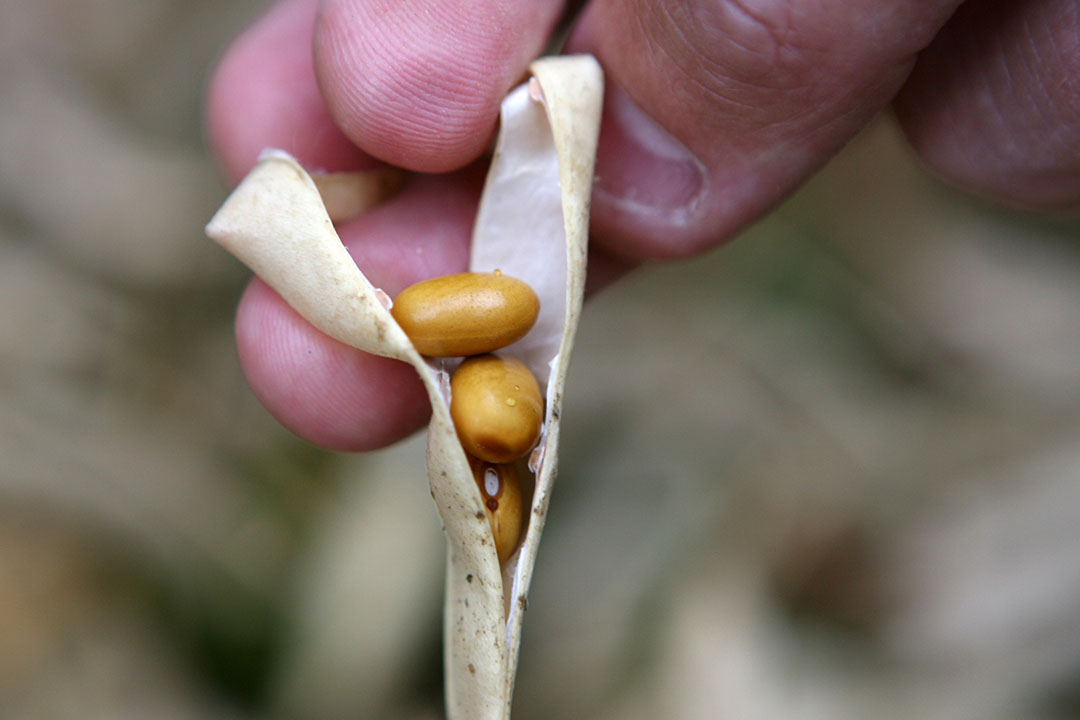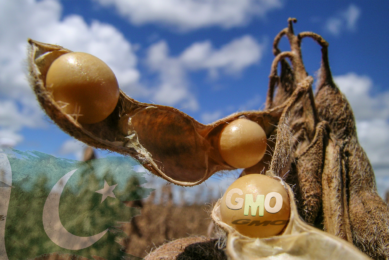New plant gene may increase crop yield

A newly discovered plant gene could be modified to increase crop yields.
Scientists from the University of Cambridge and the University of Bordeaux have discovered the so-called Phloem Unloading Modulator (PLM), a gene that helps control the movement of nutrients throughout plants. According to a new paper published in Nature Plants, this plant gene could be modified to increase crop yields, reports European Scientist.
Key to boosting crop production
Scientists say the gene may influence how plants transport sugars, proteins, and other key organic nutrients between different parts of the plant that could provide the key to boosting crop production. The gene makes changes to the tiny nutrient-transport channels between plant cells called plasmodesmata. These nanoscale channels are found along the cell wall barrier linking plant cells and allow them to transfer essential substances. According to the authors, some of these plasmodesmata have a modified cytoplasmic sleeve that results in higher rates of nutrient trafficking. The study was based on Arabidopsis thaliana or thale cress, a small flowering plant of the mustard family.The researchers observed that A. thaliana plants without the PLM gene release more substances from their root tips from an area called the phloem.
Speed up the transfer of nutrients
The authors suggest that blocking the activity of the PLM gene in other plant species could potentially relieve a ‘trafficking bottleneck’, essentially speeding up the transfer of nutrients from the vascular system of plants into rapidly growing tissues in the roots — where they are most needed.
Also read: Pongamia trees: For more beans per acre
Reduce use of fertilisers
This could present an environmentally friendly way of boosting crop production and reduce the use of fertilisers while increasing crop yields. It may even be possible to direct the transport of nutrients to specific parts of the plant such as seeds or fruit.











